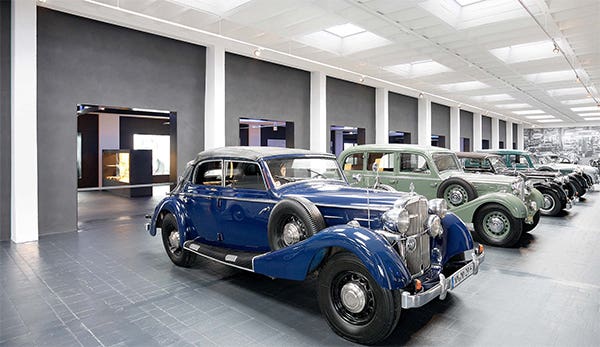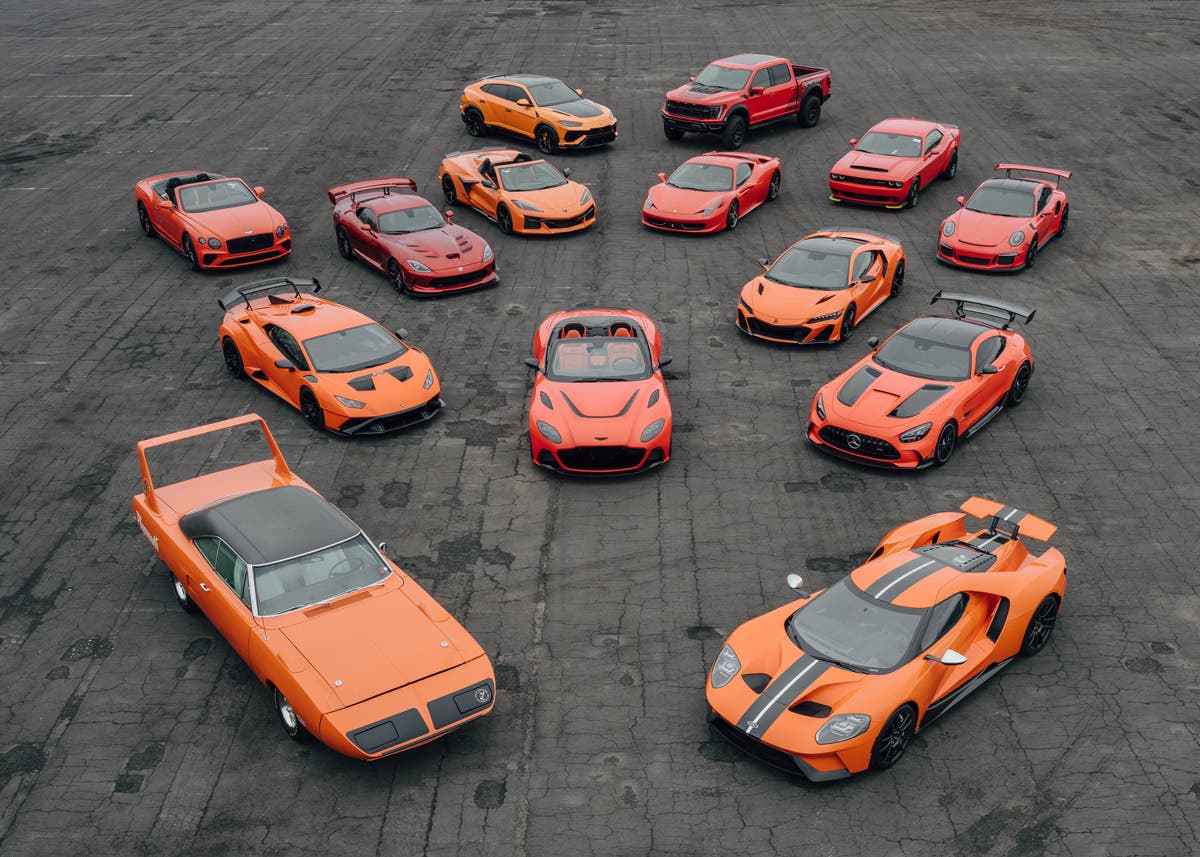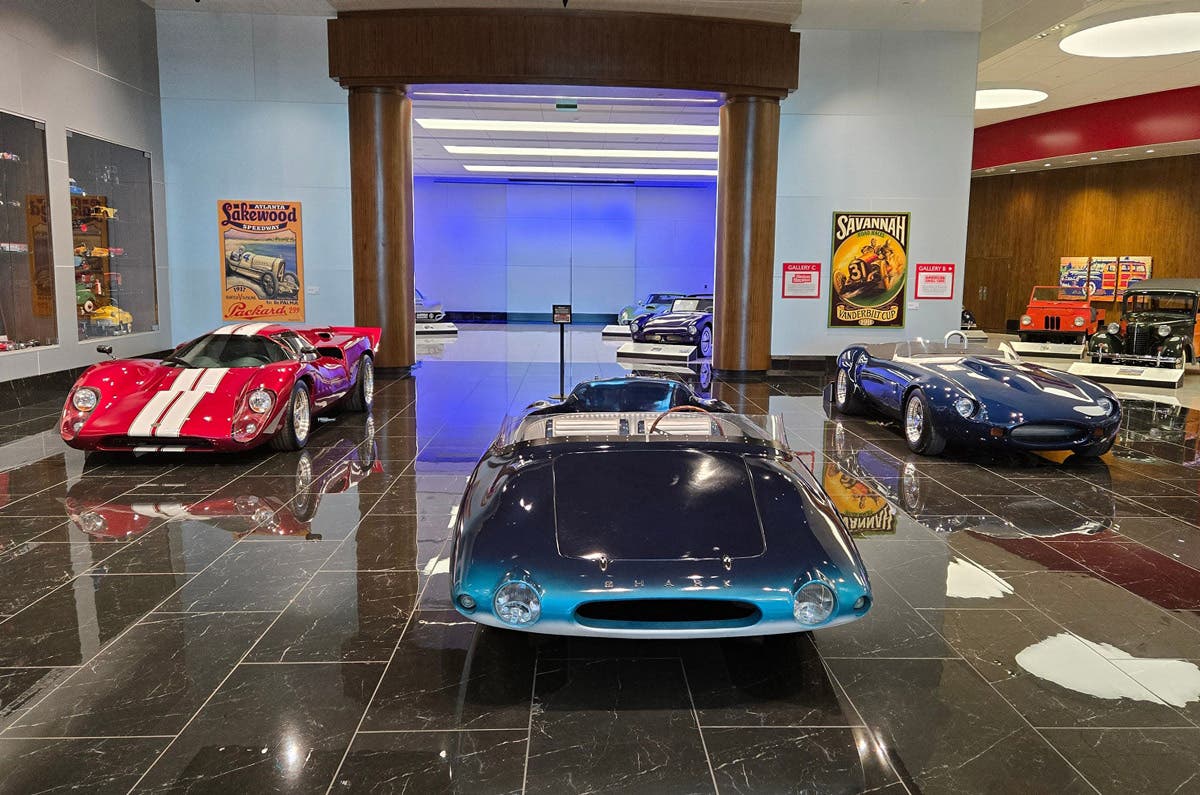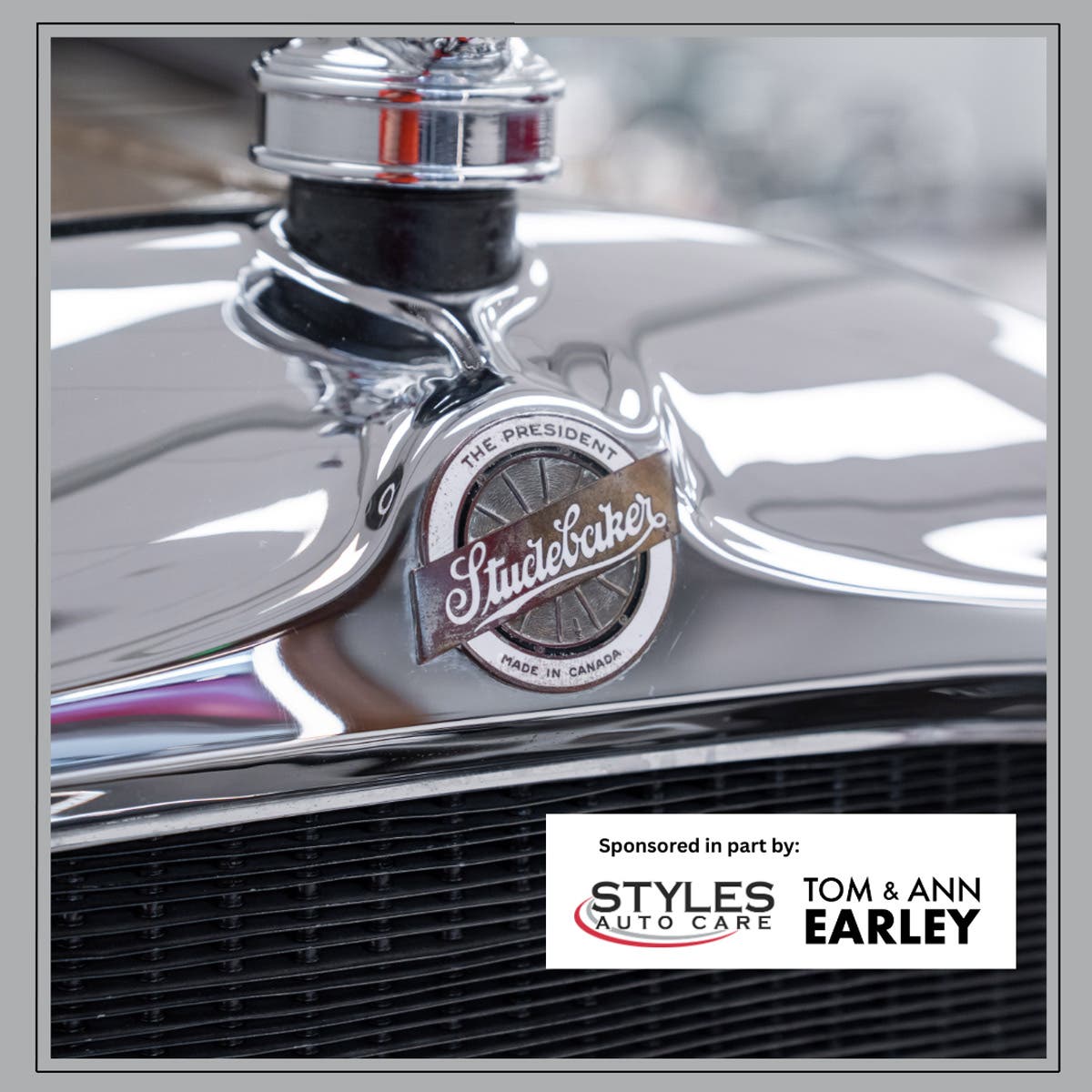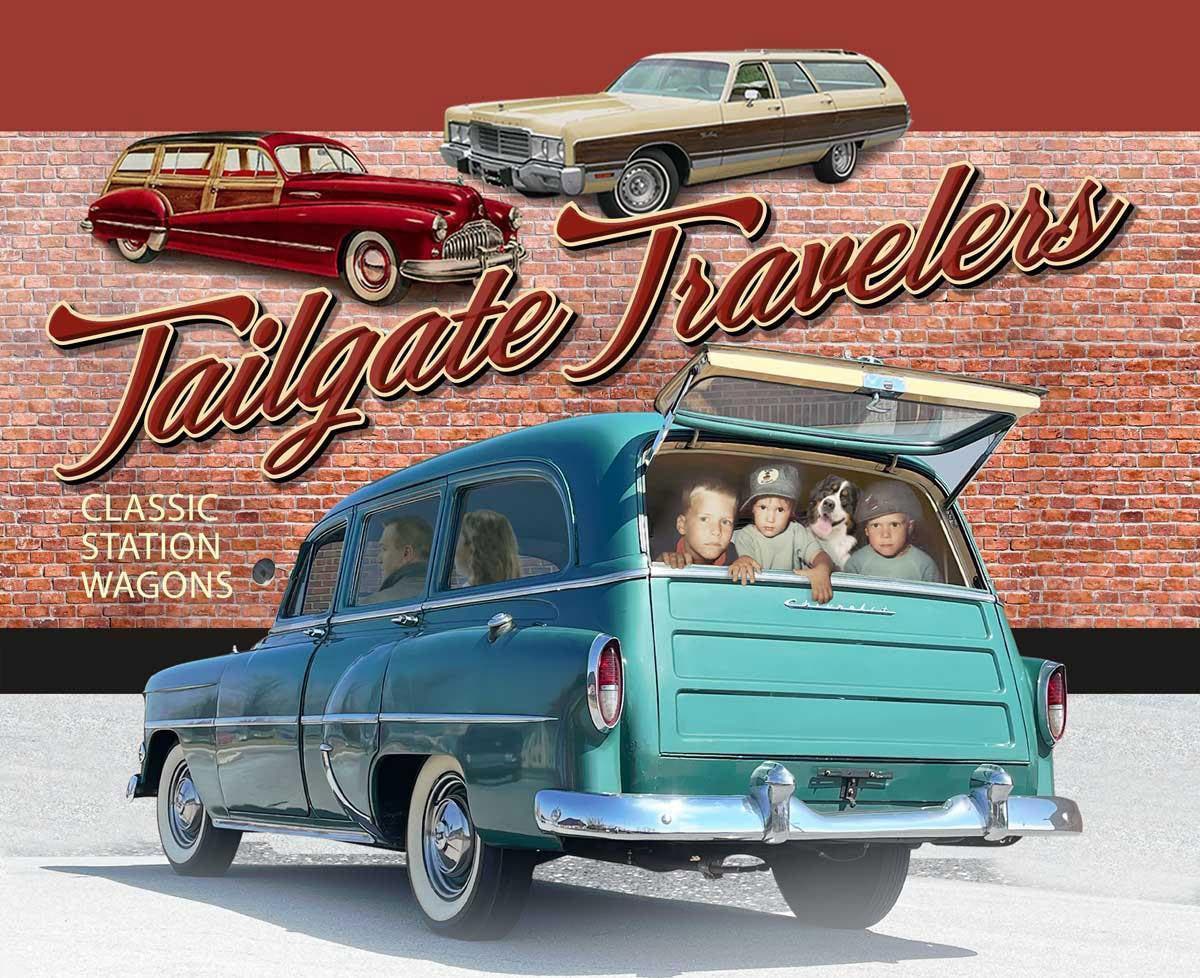Iron Prices in 2015… Saving those Old Cars-Trucks
All of us collectors cringe at the word crusher. With the past 7 years of high iron scrap prices the old cars, tractors, and trucks have fallen to the crusher….
All of us collectors cringe at the word crusher. With the past 7 years of high iron scrap prices the old cars, tractors, and trucks have fallen to the crusher. This has greatly affected the number of original vehicles available for projects and parts. So has anything changed recently? Yes, in 2015 iron prices were steady throughout winter and drastically dropped after spring. In fact, they have fallen 11.3% in the past month. For Crushers and salvage yards, they have seen the market drop steadily from $225.00/ton to last week a low that hasn’t been seen in many years of $40.00/ton for crushed car bodies. I was talking with my Dad, Art Nordstrom-Nordstrom’s Auto recyclers, and he stated that he heard they could drop another $20-$30/ton and some processors were not even taking car bodies at this time.
That’s great for the collectors, yet in a car’s circle of life, there still is a place for crushers. This is of course after the collectors have had their chance to get the bodies and parts they need. But for “Late Model” salvage yards, this is bad news. There is a greater significance to this progression when iron prices increase. This can be an indication of the world economy as it relates to the iron market. Manufacturing drives the need for processed steel. Prior to the recession, we had seen a strong demand for iron from China and other industrial developing countries as well as the United States. There was a virtual crushing bonanza going on and nothing was out of bounds. Old John Deeres, vintage cars, old refrigerators, nothing was safe when the prices were high.
Then the 2008 recession hit and things came to a screeching halt. The global financial crisis all but halted construction, exports, and car making; industry slowed to a stand still. The fallout affected the “top" all the way down to you and me. I had an auction in Indiana in 2009, and I remember driving through Kokomo and seeing rows and rows of neighborhoods with empty “middle range” houses. Where did all those people go? A community that provided many jobs in supplying products for car makers vanished. Car sales slowed, the real estate market toppled, banks were heavy with toxic assets, people no longer were spending, and many lost their homes.
Changes in tariffs and tax laws made matters worse, and a weakening worldwide economy lessened the demand for crushed cars. Iron prices finally started coming back with the strengthening of industry and the economy. People had more confidence and were buying cars and building again. As the demand for iron increased so did the need for crushed cars. So what is behind the recent decline in iron prices?
Countries that previously bought iron from us are not as economically strong today as before the recession and cannot produce as many goods. Therefore the demand is lower. War and unrest can also affect demand. The recession is still raging in many areas of the world affecting all U.S. markets, including iron and steel. This indicator of world markets can have long-term effects on various industries. For instance, the Ag industry relies heavily on iron and steel. With grain prices down, farmers are not buying new machinery as they did in the past. This in turn helps the used machinery market. In my family I know when iron prices are low. We maybe don’t buy newer car haulers or take on building projects because in the salvage industry much of what they do is reliant on the price of crushed car bodies.
If iron and steel are that cheap, I think there would be a building boom, cheaper production costs for cars and construction, and a cost reduction for consumers of anything steel. I guess we will have to see how this all plays out.
But in the mean time, Car guys can celebrate a window of opportunity and grant a pardon to the old girls. I know that I’ll still be working hard to save the old stuff and automotive history.
Click below for information on Nordstrom's Auto Recyclers




